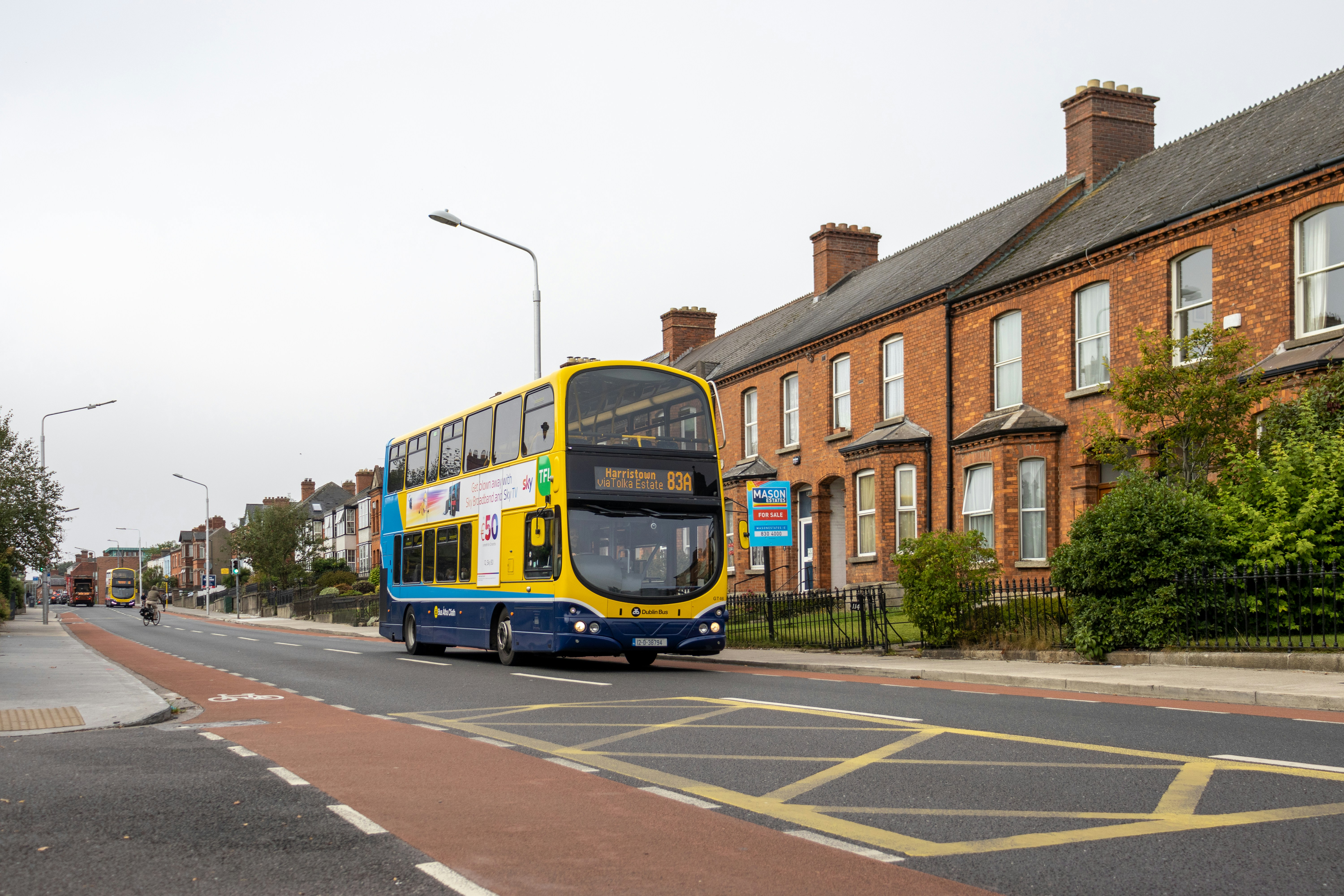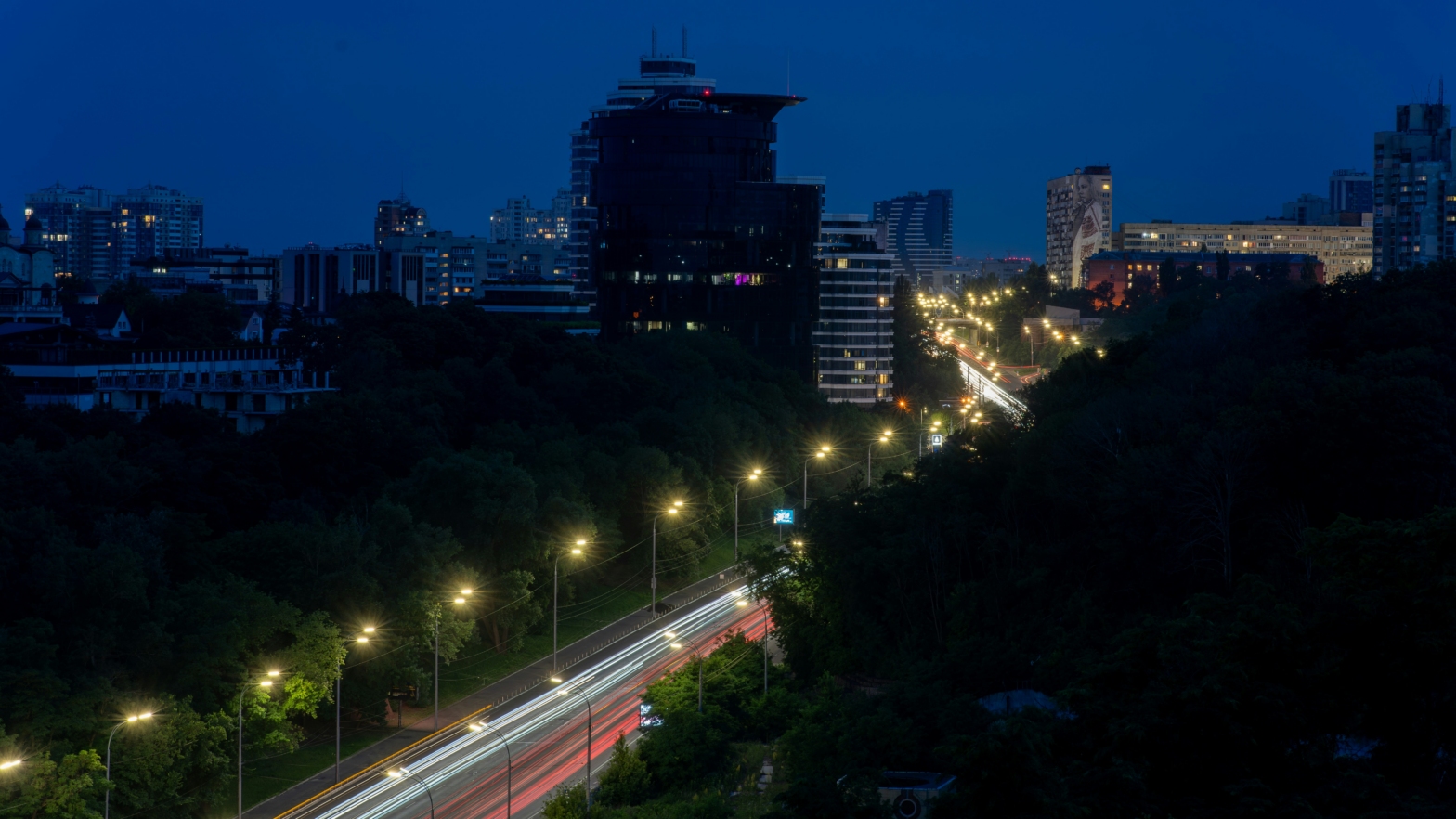Cities across Europe are facing growing challenges in managing urban infrastructure. This includes tackling issues such as growing traffic and reducing pollution and managing road conditions while ensuring a good quality of life for their residents. A major obstacle in tackling those challenges is that traditional sensor networks used to gather city data are expensive, hard to maintain and don’t always cover every area evenly.
A new pilot project called CitySense is offering a smart and affordable solution to that challenge. Instead of installing thousands of fixed sensors across a city, CitySense uses existing public vehicles like buses and garbage trucks to collect important data while they move around during their regular routes. This creates a mobile network of sensors that gives city officials real-time information about what’s happening on the ground, all at a much lower cost.



